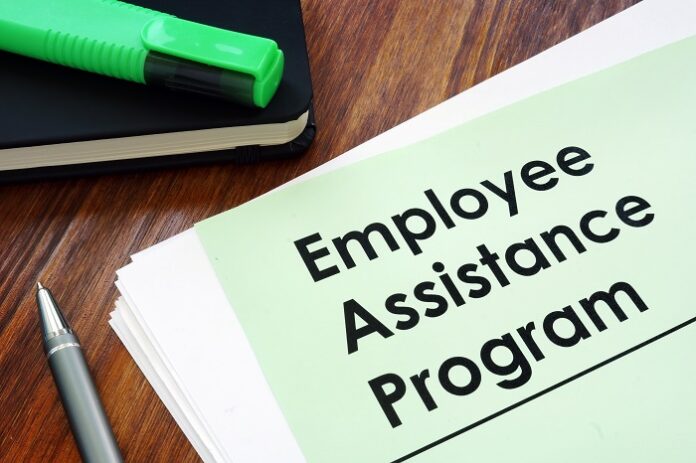Stress, anxiety and burnout have become all-too commonplace throughout the pandemic–however, employees are being proactive about seeking care.
That’s according to Jonathan Bennett, head of group benefits at The Hartford, who explored the results of the organization’s 2021 Future of Benefits study during Tuesday’s Health & Benefits Leadership Conference. (The free, virtual event continues through Thursday; click here to register).
The Hartford’s study found that 70% of employers surveyed have seen an increase in the utilization of their employee assistance programs, which Bennett says highlights the pervasive mental health crisis gripping the country right now.
What it means to HR leaders
Despite the significant uptick in employee stress, the fact that more workers are turning to their EAPs is a good sign, Bennett said.
The survey also revealed that employees feel more comfortable than in years past talking with their employers about mental health challenges. That pairs with larger trends over the last year to reduce stigma around mental healthcare, he added.
Related: For regular updates from the HRE team on benefits and more, register for our newsletters.
“The honesty and candid nature of these dialogues opened so many people up to the realities we’re facing,” Bennett said. “But importantly, it’s an opportunity we have [as leaders] to be better, to really deliver on some of the promises we’ve all along believed were appropriate and necessary. This is a chance to begin to move some of those things forward.”
The Hartford research found that more employers are encouraging workers to turn to the EAP for help and are also broadening their definition of wellness to develop more holistic strategies. Likewise, they are also recognizing the value of work/life integration for employee mental health.
See also: Joan Lunden-Why lack of paid leave for workers ‘makes no sense’
According to the survey, 75% of employers plan to expand the paid-time-off benefits they offer to employees.
“This is a remarkable trend and a reflection of what’s been transpiring over the last 12 months,” Bennett said. “Work and home have merged in ways that revealed to employers the amount of stress, anxiety and challenges often faced by their workforce. As a result, there’s an interest in providing more benefits and options to help the workforce be productive, stay engaged and be innovative in the workplace.”
*
Conference sessions will be available on-demand through June 11. Click here to view this entire session.



